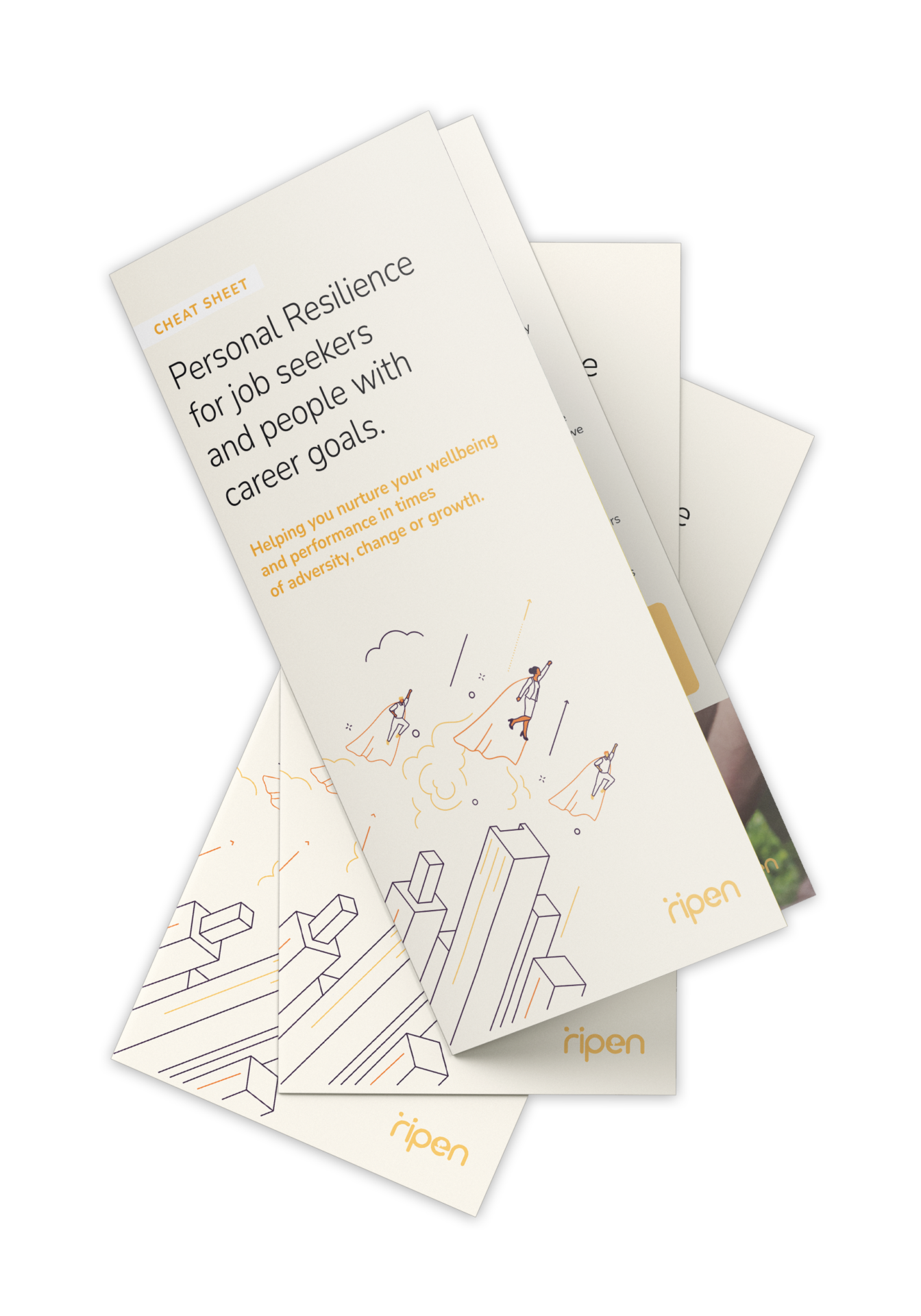Here’s some examples for how to quickly and easily show others empathy. Pick one or two of these, and practice these each time you feel inclined to inject a lame and lazy positive response to a loved one or colleague who deserves a little more than that…
1. ACKNOWLEDGE THEIR PAIN.
Seen as the best way to demonstrate empathy! Acknowledging how the other person likely feels, shows you understand their perspective and their specific situation. You’ve taken off your shoes and have decided to step into theirs. But you absolutely must take off your shoes before you can walk in someone else’s, right? People in pain want to be heard. They want validation that what they are going through is difficult. Here’s what it sounds like:
“I’m really sorry to hear you are going through this”
“This must be really hard for you”
“I hate that this has happened”
“I can see how this would be really difficult to experience”
2. SHOW GRATITUDE FOR THEM SHARING WITH YOU.
When someone chooses to open up to you it shows that they must really trust you. Your job is to honour that trust and respond with care. Let them know you appreciate being the one they’ve chosen to share this with. Acknowledge the trust. Here’s what it sounds like:
“Thank you for sharing this with me”
“I really value you sharing with me, it means a lot”
“This must be hard to talk about, I’m honoured you chose to share it with me”
“I’m pleased our friendship means you feel you can share this with me”
3. BE INTERESTED.
Going through hardships is often lonely and isolating. That’s why people share their troubles with others – they are seeking connection! They are hoping someone will take an interest in their story and understand how they are feeling. They best way to connect with someone is not by talking, but by listening. Show you care, be genuinely interested. Here’s what it sounds like:
“How are you feeling about everything?”
“What has this been like for you and your family?”
“How have you coped with what’s been happening?”
“Have you ever experienced anything like this before?”
4. BE SUPPORTIVE, OFFER YOUR HELP.
When it comes to empathy, our actions often speak far louder than our words. A hug, sending flowers, writing a note, or lightening someone’s workload are far more meaningful than injecting words of positivity. These sorts of actions help the person to feel supported. When being supportive and offering your help, articulate it in a way that shows you care. Here’s what it sounds like:
“I’m here for you”
“How can I help make things easier for you?”
“What do you need right now?”
“I would like to do_______ for you, what do I need to know?”

